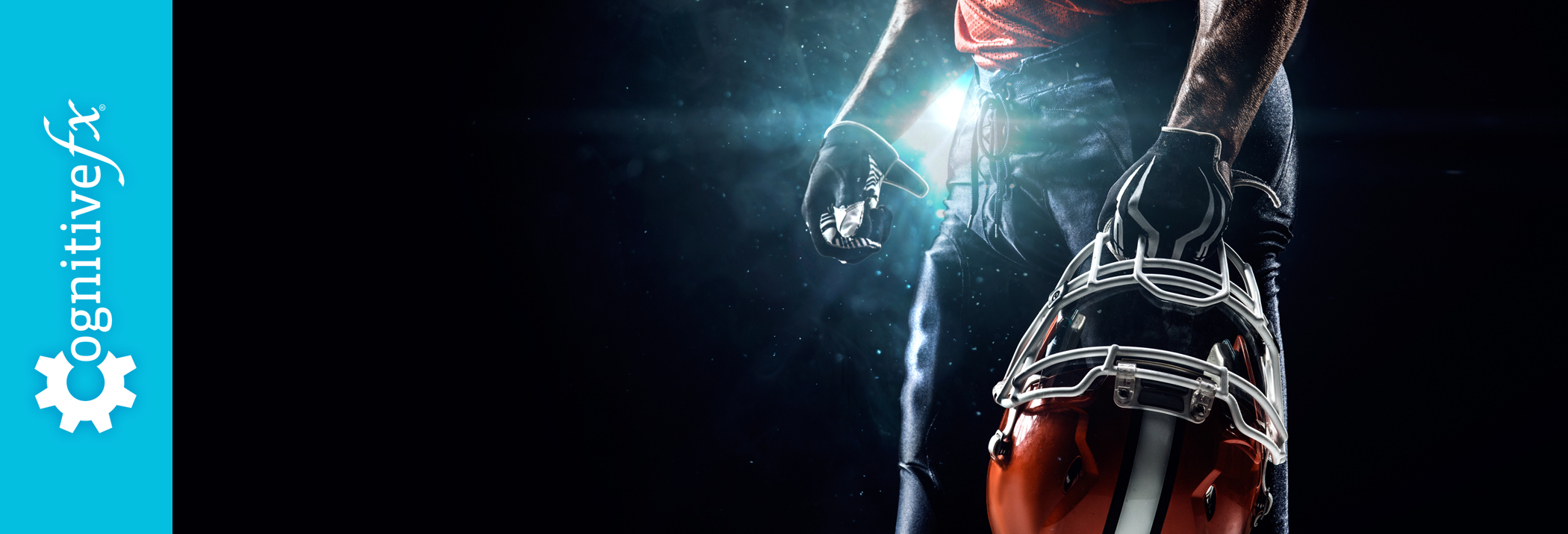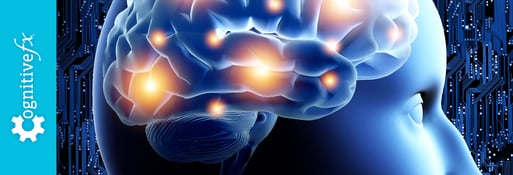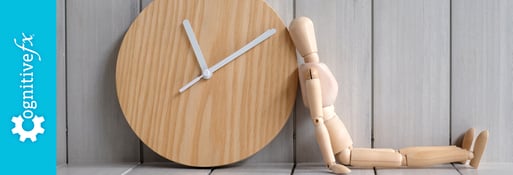What is EPIC Concussion Treatment? | Cognitive FX
By Mark Allen, Director of Research
The Enhanced Performance in Cognition - EPIC concussion treatment provided at Cognitive FX is a highly effective approach to concussion rehabilitation. We have...

Diagnosis
How will my concussion be diagnosed? How will my concussion symptoms be distinguished from other potential health issues that might cause similar symptoms?
I would want to know what kind of health professional is best able to find answers to these preliminary questions, and what diagnostic tests will be used. A family doctor will typically be able to help get this process started and should refer you to a neuropsychologist, in the opinion of most concussion research experts. Among the tools that neuropsychologists use, a Functional Neurocognitive Imaging (fNCI) test is ideal. This is a type of MRI brain scan that can detect problems in brain functioning caused by concussion.
Assessment
After determining what my symptoms are, I would want to know exactly which parts of my brain have been affected, how that relates to the symptoms I am currently experiencing, and how my treatment will help my particular brain injury. A neuropsychologist, especially one who can use and interpret fNCI brain scanning, is usually best suited to do this assessment. In order for an assessment to be truly useful, it needs to go beyond being simply “informative” and give you and your medical providers a clear treatment plan for your individual rehabilitation program.
Treatment
Although post-concussion symptoms can vary widely from person to person, there are four general categories that scientists and doctors use to group common symptoms:
As a patient, I would want to know specifically how I would be helped in each of these areas. What kinds of therapists will I see? What exactly will they do? And how will they know if what they are doing has been effective?
The very best concussion programs should have a multidisciplinary approach, bringing together a range of experts, clinicians, therapists and so forth. Ideally, treatment should address all of these areas simultaneously, rather than one at a time. The reason for this is that symptoms from one group can greatly affect symptoms in another category. For example, it’s difficult to make progress in cognitive improvement when lagging headache or sleep issues are not being addressed. Also, it is most preferable to have all of the rehabilitation activities done at a single location as much as possible, with as much coordination and cross-communication among doctors and therapists as possible, and within a well-paced time frame.
Again, the fNCI brain scan can be very useful, both in terms of formulating an optimal treatment plan as well as evaluating whether treatment has been effective during and after treatment.
Maintenance
The final piece that I would look for if I were a concussion patient is what the plan would be for continued improvement and long-term retention of recovery gains from my treatment. A good treatment approach should provide me with tools and training on how to maintain optimal brain health. Furthermore, it should also offer means to follow-up on my progress and make sure my symptoms stay in check over the next several months.

Dr. Mark D. Allen holds a Ph.D. in Cognitive Science from Johns Hopkins University and received post-doctoral training in Cognitive Neuroscience and Functional Neuroimaging at the University of Washington. As a co-founder of Cognitive Fx, he played a pivotal role in establishing the unique and exceptional treatment approach. Dr. Allen is renowned for his pioneering work in adapting fMRI for clinical use. His contributions encompass neuroimaging biomarkers development for post-concussion diagnosis and innovative research into the pathophysiology of chronic post-concussion symptoms. He's conducted over 10,000 individualized fMRI patient assessments and crafted a high-intensity interval training program for neuronal and cerebrovascular recovery. Dr. Allen has also co-engineered a machine learning-based neuroanatomical discovery tool and advanced fMRI analysis techniques, ensuring more reliable analysis for concussion patients.

By Mark Allen, Director of Research
The Enhanced Performance in Cognition - EPIC concussion treatment provided at Cognitive FX is a highly effective approach to concussion rehabilitation. We have...

About a year ago I did an interview over the phone with a sports-talk radio show in Texas. The topic was concussion in high school football (Texas is all about high school football). I talked about...
Published peer-reviewed research shows that Cognitive FX treatment leads to meaningful symptom reduction in post-concussion symptoms for 77% of study participants. Cognitive FX is the only PCS clinic with third-party validated treatment outcomes.
READ FULL STUDYPublished peer-reviewed research shows that Cognitive FX treatment leads to meaningful symptom reduction in post-concussion symptoms for 77% of study participants. Cognitive FX is the only PCS clinic with third-party validated treatment outcomes.
READ FULL STUDY